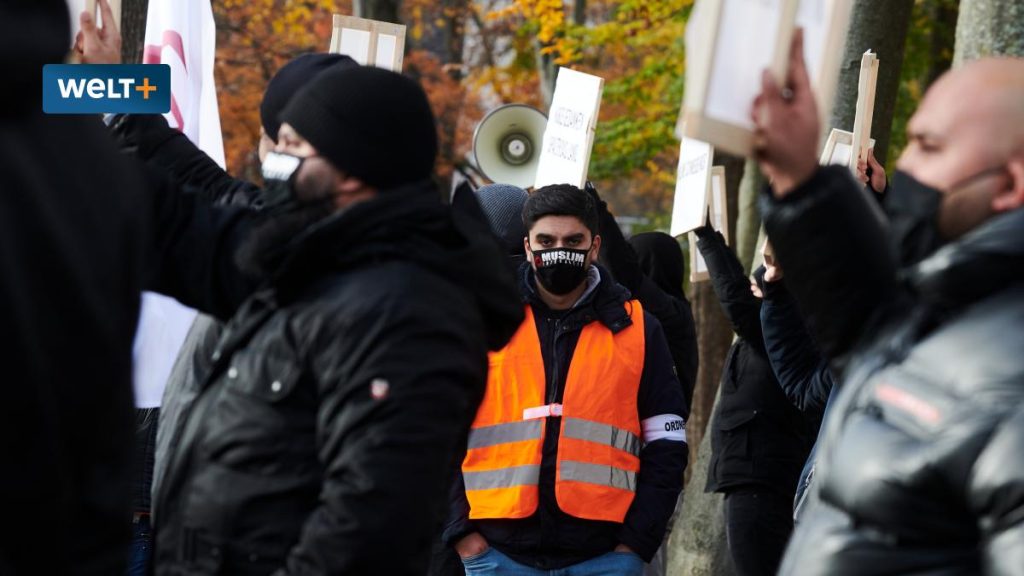The online platform “Muslim Interaktiv” is under scrutiny for its ideological intersections with the New Right movement. The website, which claims to promote dialogue and understanding between Muslims and non-Muslims, has come under fire for its connections to far-right ideologies. Critics argue that “Muslim Interaktiv” is perpetuating Islamophobia and promoting a distorted version of Islam that aligns with the beliefs of the New Right.
Despite its stated goal of fostering interfaith dialogue, “Muslim Interaktiv” has been accused of spreading anti-Muslim rhetoric and promoting a conservative interpretation of Islam that is in line with the views of the New Right. The platform has been accused of promoting a divisive and exclusionary form of Islam that contributes to the stigmatization of Muslims in Europe.
The New Right movement in Europe is characterized by its anti-immigrant and anti-Islam stance, as well as its promotion of ethno-nationalism and traditional values. Critics argue that “Muslim Interaktiv” plays into the hands of the New Right by portraying Muslims as inherently different from non-Muslims and emphasizing the need for cultural preservation and protection.
The platform has also been criticized for its selective representation of Islam and for promoting a narrow and exclusionary view of the religion. Critics argue that “Muslim Interaktiv” reinforces stereotypes and prejudices against Muslims, while failing to represent the diversity and complexity of the Islamic faith.
In response to the criticism, the founders of “Muslim Interaktiv” have defended the platform as a space for open and honest dialogue about Islam and its place in European society. They argue that the platform is not aligned with the New Right movement and that it aims to promote understanding and tolerance between different religious and cultural groups.
Despite these claims, critics remain skeptical of “Muslim Interaktiv” and its ideological motivations. The controversy surrounding the platform highlights the complex intersections between religion, politics, and identity in Europe, and raises questions about the role of online platforms in shaping public discourse and perceptions of Islam and Muslims.


